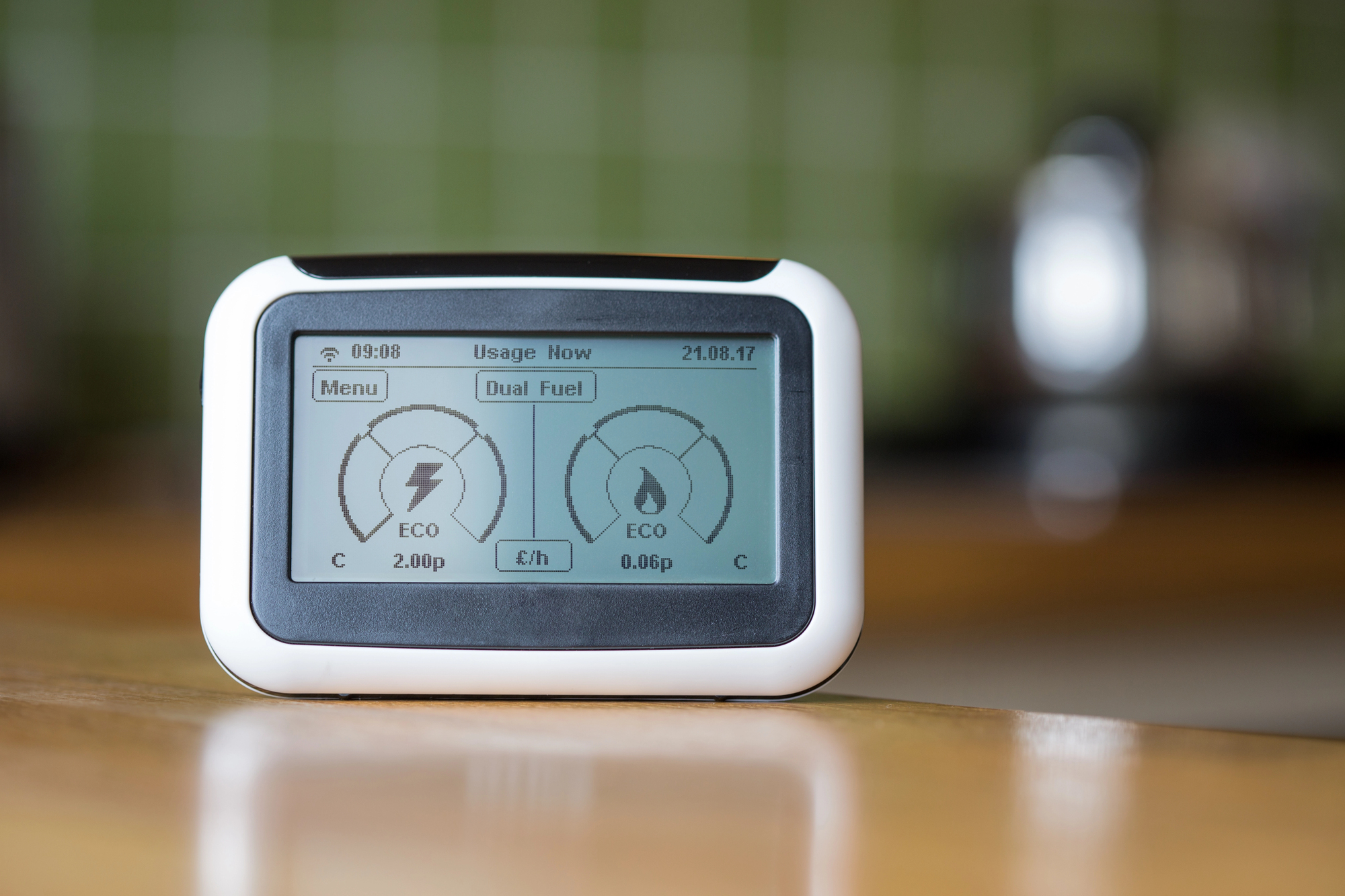The Electricity Authority of Cyprus (EAC) expects to start installing smart meters in the beginning of 2025, the organisation’s board chairman said on Tuesday.
Speaking to the Stockwatch news outlet, Giorgos Petrou said the Advanced Metering Infrastructure Rollout can begin as soon as the smart meters are supplied.
The Cyprus Telecommunications Authority – which landed the contract to supply the smart meters – is expected to deliver to the EAC the first 50,000 devices by end of 2024. These will be installed at residences and medium-sized businesses.
“Once we take delivery of the smart meters we’ll be ready to start installing them as of the very next day,” Petrou said.
Under the schedule, the EAC plans to install some 400,000 smart meters during 2025 to 2026.
During the second phase – 2027 to 2028 – another 200,000 smart meters will be installed. This will bring the total to 600,000 – covering the entire market.
The EAC says it has already set up the crews who will do the installing.
Costed at €40 million, the project is co-funded by the Recovery and Resilience Facility with a €35 million grant.
Meanwhile the state-run power corporation plans to do away with some 50 positions – technicians who currently visit premises to check conventional electricity meters.
Initially the EAC had considered rolling out a voluntary exit plan for these employees. But as Stockwatch reports, after talks with trade unions it was instead decided that these jobs will be phased out. Once these 50 technicians retire, the jobs in question will be abolished.
The entire smart meters project would have died on the vine due to legal complications, had the government not stepped in to salvage it. In March this year, the administrative court had ruled that the tender for the supply and installation of the smart meters – which CyTA won – was null and void. This not only denied CyTA the contract, but also jeopardised the pledged €35 million grant from the EU.
The administrative court said at the time that CyTA was prohibited from supplying smart meters because this did not fall within its permissible scope of business. Under the applicable telecommunications law, the provision of telecom services by CyTA was limited to “communications between persons and not devices”. By contrast, smart meters involve communication between devices.
To get around this constraint, the government simply moved to change the law. Under an amendment to the telecommunications law, which parliament quickly passed, CyTA is now permitted to engage in “projects and activities related to making use of its assets, its technical or commercial capabilities, its facilities, its services and its technical know-how in the event such activities are deemed necessary and beneficial to the organisation”.
In brief, the amended law expands the scope of business activities which CyTA may engage in.







Click here to change your cookie preferences